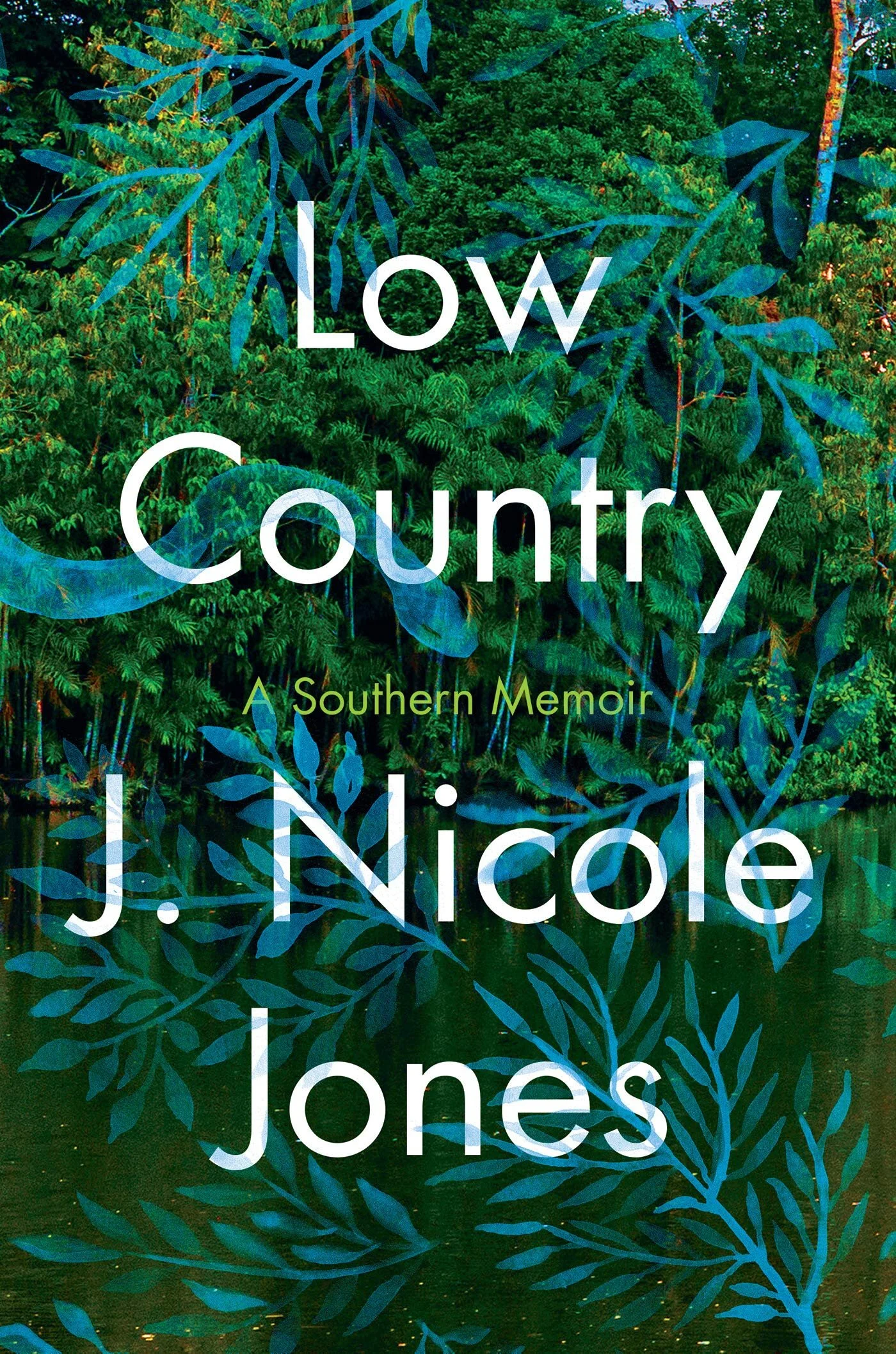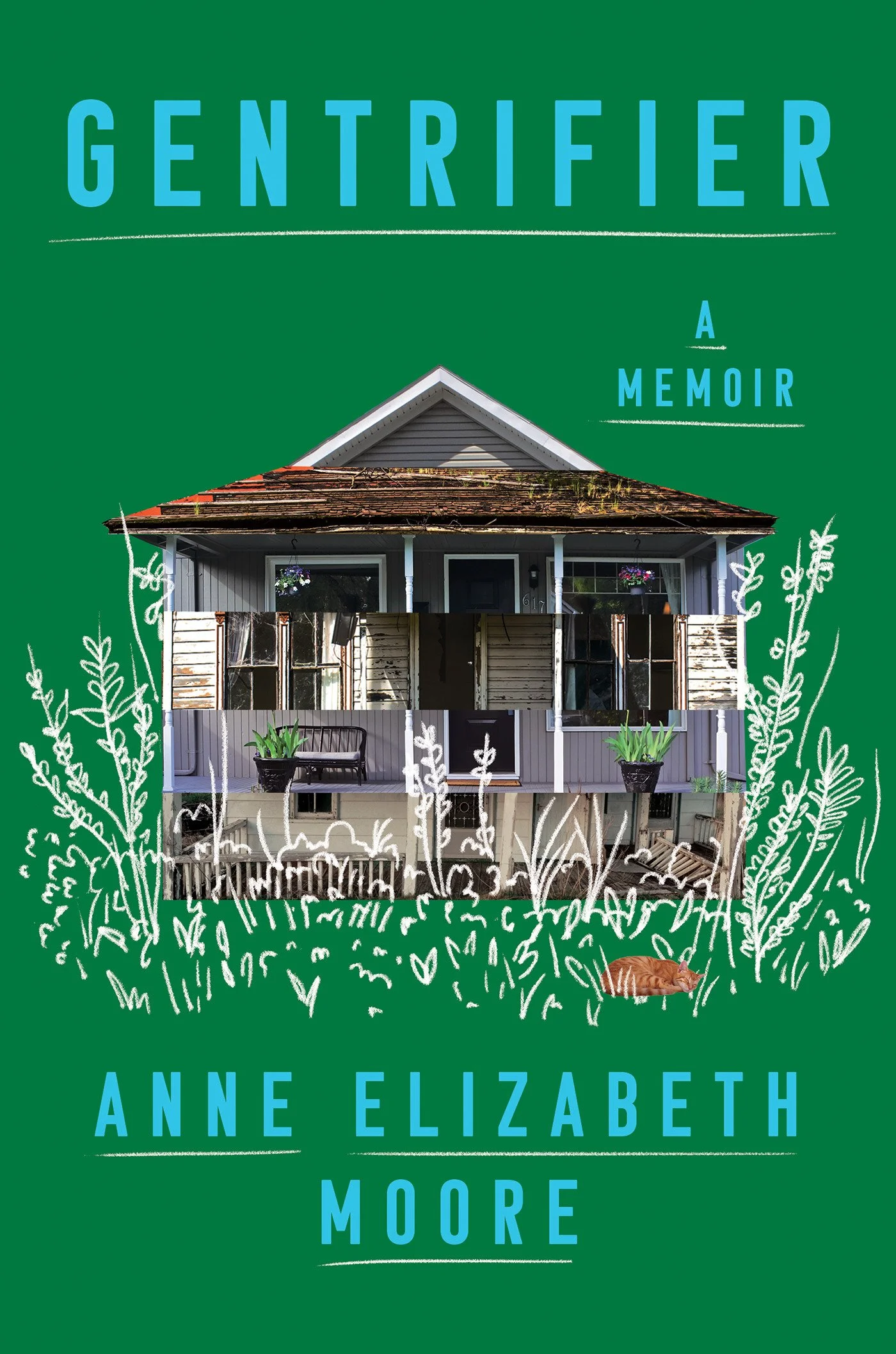Hot Off the Shelf: Love Is an Ex-Country by Randa Jarrar
[image description: the cover of Love Is an Ex-Country by Randa Jarrar. It’s a yellow, pink, purple, blue, and white cartoon graphic of hills and rivers.]
I received a free copy of this book from the publisher in exchange for an honest review.
I’ve been slowly but surely building my Palestinian library for over a year now, so I was thrilled when a copy of Love Is an Ex-Country showed up in my mailbox. The author, Randa Jarrar, is Egyptian-Palestinian-American and the synopsis began with:
Queer. Muslim. Arab American. A proudly Fat woman. Randa Jarrar is all of these things. In this provocative memoir of a cross-country road trip, she explores how to claim joy in an unraveling and hostile America.
That sold me immediately. It sounds like a book written for me, right?!
Before I dive in further, here’s the rest of the synopsis:
Randa Jarrar is a fearless voice of dissent who has been called “politically incorrect” (Michelle Goldberg, The New York Times). As an American raised for a time in Egypt, and finding herself captivated by the story of a celebrated Egyptian belly dancer’s journey across the United States in the 1940s, she sets off from her home in California to her parents’ in Connecticut.
Coloring this road trip are journeys abroad and recollections of a life lived with daring. Reclaiming her autonomy after a life of survival—domestic assault as a child, and later, as a wife; threats and doxxing after her viral tweet about Barbara Bush—Jarrar offers a bold look at domestic violence, single motherhood, and sexuality through the lens of the punished-yet-triumphant body. On the way, she schools a rest-stop racist, destroys Confederate flags in the desert, and visits the Chicago neighborhood where her immigrant parents first lived.
Hailed as “one of the finest writers of her generation” (Laila Lalami), Jarrar delivers a euphoric and critical, funny and profound memoir that will speak to anyone who has felt erased, asserting: I am here. I am joyful.
I have what I believe are some valid criticisms of the book, but I want to be clear from the beginning that I really adored this memoir and did not find the criticism-worthy parts to be deal-breakers. I just want to be upfront about the things I noticed so other readers know more about what to expect.
When I read the line in the synopsis “In this provocative memoir of a cross-country road trip, she explores how to claim joy in an unraveling and hostile America,” I thought the book was going to be grounded in an actual cross-country road trip. As in, the road trip would form the narrative arc of the story and U.S. travel would be a major factor of the book, so other elements (like recollections, social commentary, etc.) would spin off of that.
However, after reading the memoir I don’t think that element of the synopsis is really accurate. Love Is an Ex-Country isn’t a real-life On the Road in Trump’s America, which is what that descriptor would lead you to believe. The memoir is about a road trip only in the loosest and broadest sense. Yes, Randa does travel to a couple of places in the US, though it sounded like it was less of one continuous trip than it was driving here, flying there, driving somewhere else, and flying somewhere else with each destination punctuated by a break in the travel. Furthermore, there was just as much, if not more, international travel than U.S. travel––which is awesome, but no one is driving from Los Angeles to Palestine or Kuwait or Jordan or Egypt, so the road trip element really gets lost in those sections.
That’s not to say that I didn’t enjoy the travel elements because I did! And I think the way Randa writes travel is brilliant because you learn a little about the landscape, the place, and the people who inhabit it, but you learn far more about the larger social context and implications of that landscape, place, and its people. Randa asks readers to consider whose land you’re on, how the place came to be what it is, and how the culture of the place affects the people who live there––both those who fit in seamlessly and those who defy cultural norms.
Randa’s observations and insights about what she was seeing and experiencing on her travels were more interesting to me than the locations themselves, so I’d argue that the real road trip is through Randa’s mind. And that, I very much enjoyed.
In some ways, this book broke my brain a little––and I mean that in the best, most necessary way. For one, this memoir completely changed the way I think about kink and BDSM. I’ve never heard anyone explain it in terms of the level of trust and unflinching consent that’s needed to do BDSM in a safe, non-assaulting, mutually pleasurable manner before. Hearing about how often permission is asked and the importance of clear communication and enthusiastic consent in the practice definitely removed a lot of the fear I had around BDSM in my mind. I hadn’t before realized that kink could be a safe way to reclaim one’s body by communicating one’s desires, but I think I get it now.
Another way Love Is an Ex-Country broke my brain was around race. Randa is the daughter of an Egyptian mother and a Palestinian father, so she’s half-Palestinian on the paternal side just like me. By nature of the Palestinian diaspora, we come in a lot of different colors. If you’ve ever seen me, I put the “palest” in Palestinian. I’m so white I’m practically translucent. Meanwhile, Randa identifies as a white-passing person of color, so since we’re both half-Palestinian, I was curious and googled her picture. She has more melanin than I do (I mean, who doesn’t?) and her hair is darker, though there’s not a huge difference in our coloring. It made me wonder for half a second if I’ve been a white-passing POC my whole life and just didn’t know it? I’ve never been discriminated against because of my skin color (because white privilege) so I’m personally uncomfortable identifying as anything other than white.
That in itself didn’t break my brain as much as the implications race had on other aspects of the book. There’s a section where Randa talks about how it irks her to see white women belly dancing. Technically, because I’m Palestinian I can belly dance without being culturally appropriative. But it made me wonder if Randa saw me belly dancing if it’d irk her because I’m so pale, despite the fact that we have half an identity in common. Though I’m not a belly dancer, reading that section of the book has likely scared me off from ever doing it publicly because the last thing I want is for other Arabs to judge me for participating in an aspect of our shared culture just because I’m pale.
It’s not my place to tell someone how they can or should identify, so I’m not questioning Randa’s choice to call herself a white-passing POC. That’s valid and what she feels comfortable with, so I’m all for it. I couldn’t help noticing, though, that there are instances in the book where she wields whiteness as a protective charm and instances where she vehemently eschews whiteness. For example, she describes two different encounters with police––one in which she uses whiteness in an attempt to get out of a speeding ticket and another where a cop notes her race as white on a form and he doesn’t listen when she tries to correct him, which incenses her.
Reading these two sections, in particular, made me think more about how race is a social construct and how most people don’t get to choose how they’re perceived. Though if one does occupy that liminal space between races where perception is questioned, agency matters. In terms of agency and self-determination, it matters that one is able to identify as they feel most accurately describes themselves and their experiences. However, in terms of how one is perceived, (i.e., how whiteness functions in practicality in a given situation) does Randa identifying as POC keep her from experiencing the benefits of white privilege? If others perceive her as white, then wouldn’t she benefit from white privilege regardless of how she identifies? I would’ve loved to have seen more discussion around this because it’s fascinating and obviously got me thinking.
I struggle to review memoirs because I always feel like I’m reviewing the person and that any element I deem worthy of criticism comes across as an attack on the author. And as an editor, I can’t help considering whether the final form of the book feels done to me. Would I change anything if I were the editor? In this case, yes; namely around the elements I’ve discussed here.
In the end, though, what gets a book five stars from me is one (or both) of two things: is the book quotable and/or did it make me cry. No tears here, though my copy of Love Is an Ex-Country is full of highlights. Between Randa’s melodic prose and witty observations, she’s damn quotable.
I recognize that while this book is meaningful to me for a lot of different reasons you no doubt picked up on in this review, I can understand that it might not be as meaningful to other people in the same deeply personal way that it is to me. Love Is an Ex-Country gets five stars in my book, though the average person might lean more toward 3.5 stars. Either way, I highly recommend it and think it would make for an especially interesting book club discussion.
And if you need me, I’ll be hunting down her other books: A Map of Home and Him, Me, and Muhammad Ali.






